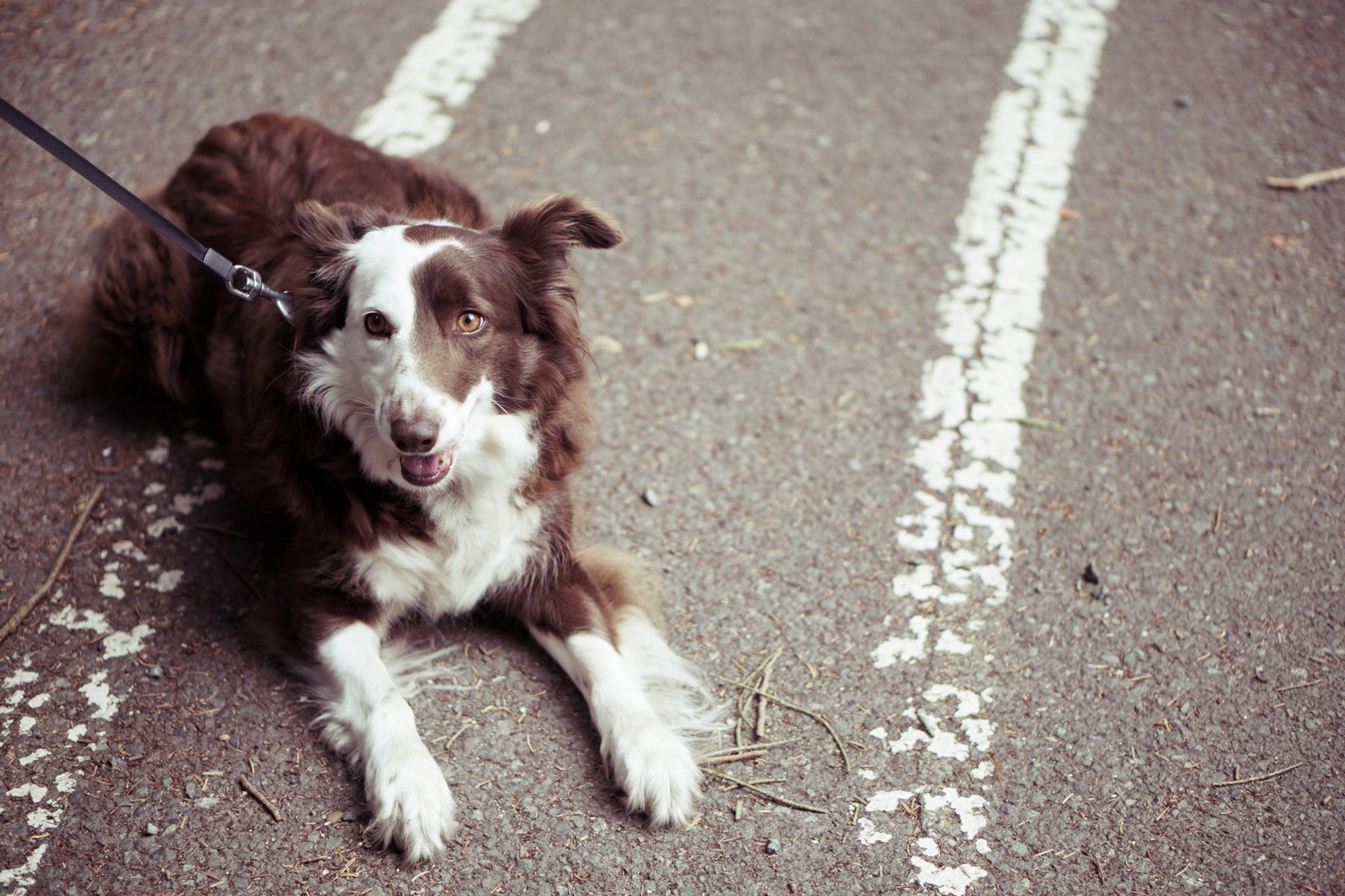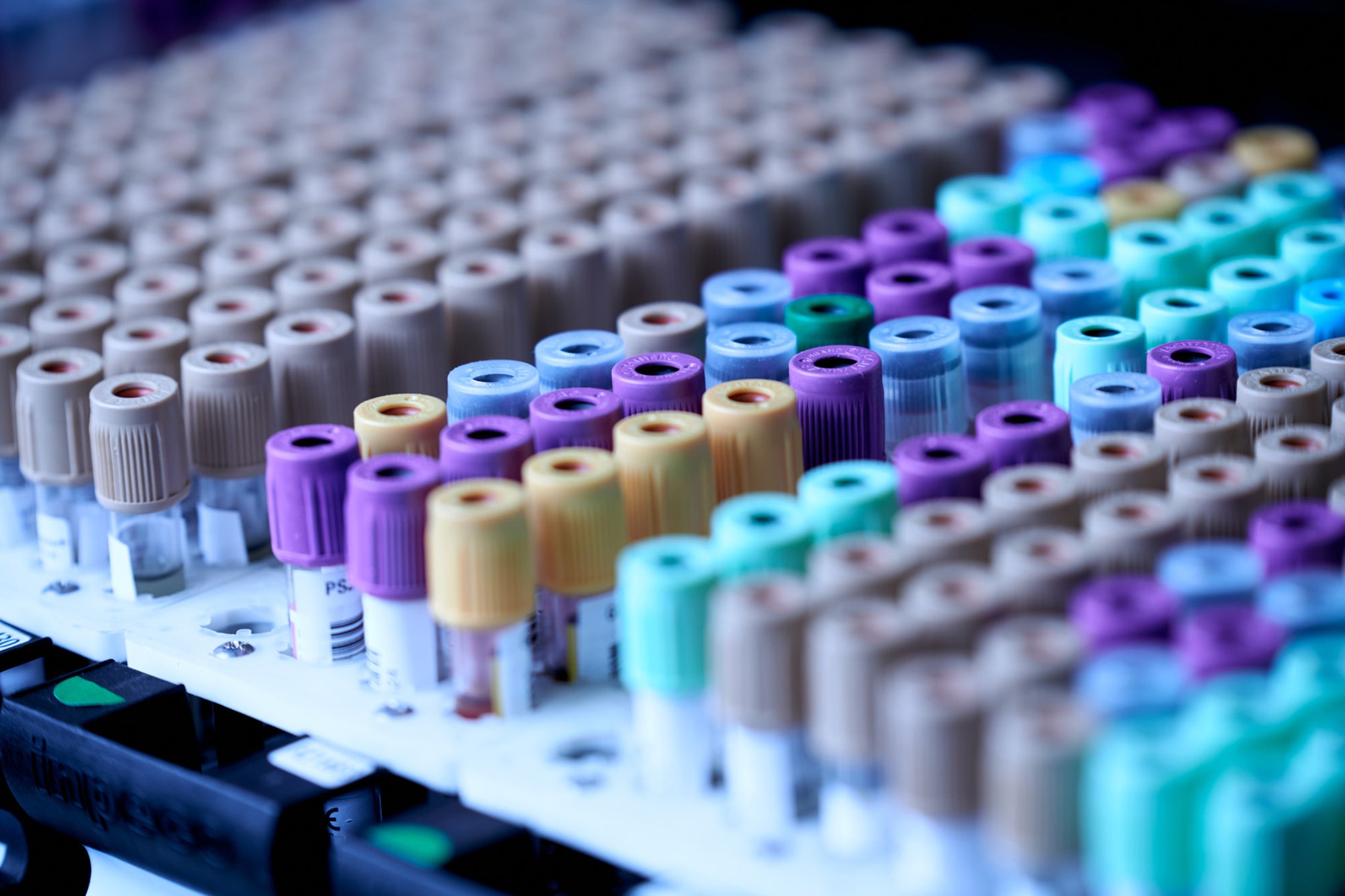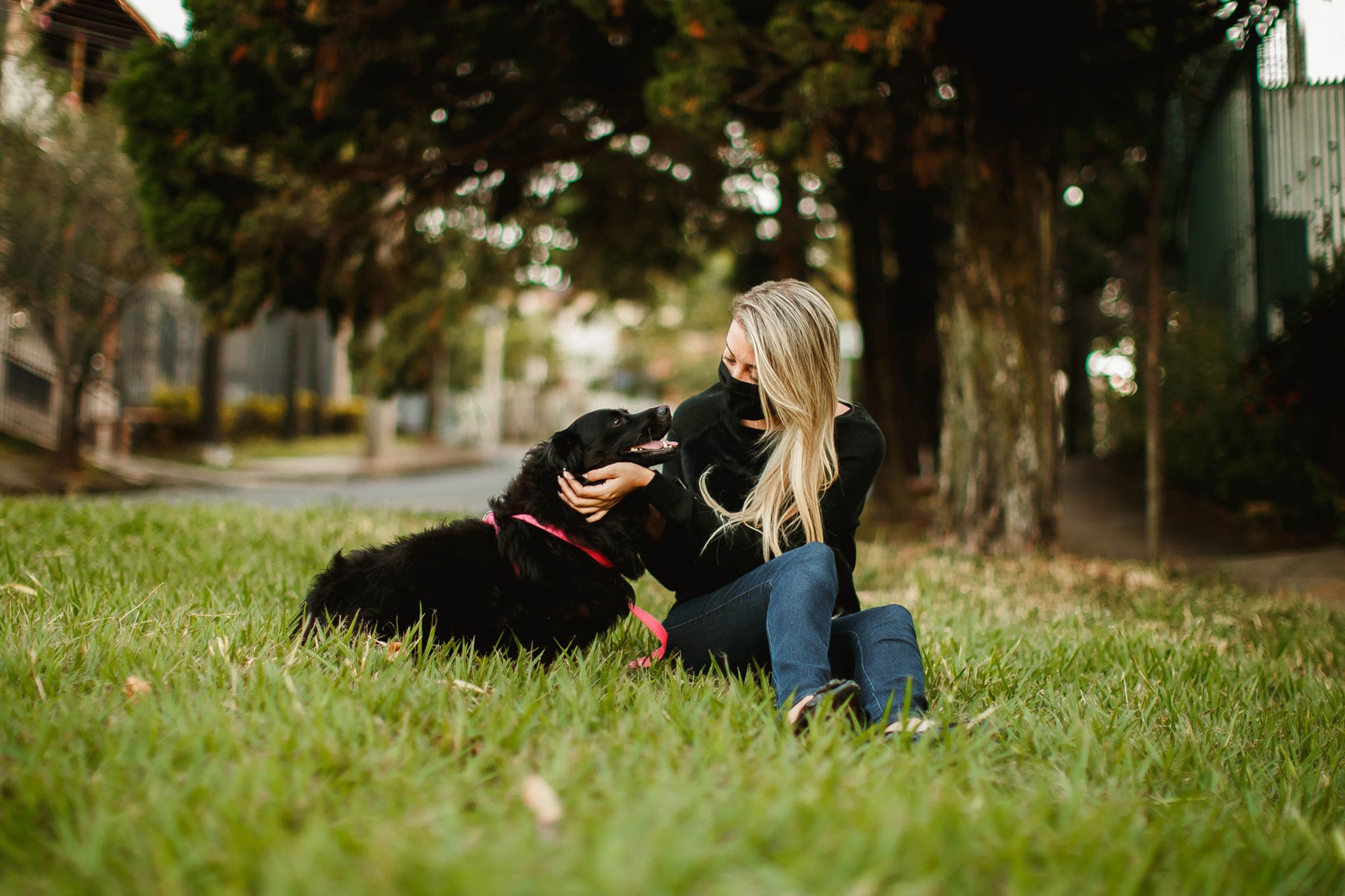Dogs have an amazing sense of smell that has been used by humans for decades. They have sniffed out firearms in airports and cancer in humans. Now, dogs may be able to detect positive cases of COVID-19.
Disease Detectors
Doctor dogs, as some call them, are used to detect ovarian cancer, stomach cancer, malaria, antibiotic-resistant microbes, and other diseases. They can even warn people about potential diabetic attacks because they can detect smells from the human breath that are associated with dropping or low blood sugar levels. Dogs are trained for these tasks by introducing them to a sample of sweat, urine, or saliva from someone who has a disease, and teaching them to paw at the ground or sit when they smell it. Humans release airborne volatile organic compounds in sweat and saliva that dogs identify and associate with diseases, making the canines expert disease detectors.

Airport COVID-19 Detectors
Dogs have 300 million olfactory glands–294 million more than humans have in their noses. Scientists are seeing potential for canines to be used in COVID-19 detection in airports before people have the chance to infect others in smaller spaces like airplanes. Some dogs have already participated in studies where they have been trained to detect volatile organic COVID-19 particles from sweat or saliva samples. In a test in Lebanon, dogs identified 100% of people with negative results and 92% of positive results of people screened in the airport.
Potential to Save Money
Using canine disease detectors may be faster and cheaper than using COVID tests. COVID swab tests take thirty minutes or longer to show results, but dogs pick up scents immediately. Tests in New York, Lebanon, and France have shown promising results for dogs smelling COVID-19 volatile organic compounds in airports. The dog detection method is not enough to replace official COVID swab tests yet and should be used as a complimentary method until further data is acquired.

Other Benefits
This type of detection could be beneficial in low-income areas or developing countries where tests may not be readily available. The dogs could also be useful for identifying positive cases in asymptomatic patients, and sensing early signs. In the study in Lebanon, the dogs identified the virus before a test did, indicating they may be able to smell earlier stages that swab tests can’t even pick up. Additionally, the CDC considers the risk of animals spreading the COVID-19 virus to be low, so a dog screening people in an airport probably won’t spread the virus to humans or other animals.
The unanimous conclusion from all studies performed on dogs’ ability to smell COVID-19 is that more data is needed. The trials thus far show promising results, but larger sample sets are required before completely replacing swab tests with detection dogs.




